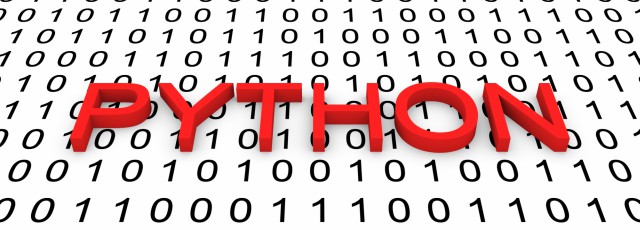Python Developer interview questions and answers
This Python Developer interview profile brings together a snapshot of what to look for in candidates with a balanced sample of suitable interview questions.

Python Developer Interview Questions
In some respects even the most technical role demands qualities common to strong candidates for all positions: the willingness to learn; qualified skills; passion for the job.
Even college performance, while it helps you to assess formal education, doesn’t give a complete picture. This is not to underplay the importance of a solid background in computer science. Some things to look for:
• Understanding of basic algorithmic concepts
• Discuss basic algorithms, how would they find/think/sort
• Can they show a wider understanding of databases
• Do they have an approach to modelling?
Do they stay up to date with the latest developments? If so, how? Probe for their favourite technical books. Who are they following on Twitter, which blogs do they turn to?
Are they active on Github? Do they contribute to any open source software projects? Or take part in Hackathons. In short, how strong is their intellectual interest in their chosen field? How is this demonstrated? Ask for side projects (like game development). Committed, inquisitive candidates will stand out.
Computer Science questions
- Using pseudo-code, reverse a String iteratively and recursively
- What constitutes a good unit test and what a functional one?
Role-specific questions
- Do arguments in Python get passed by reference or by value?
- Why are functions considered first class objects in Python?
- What tools do you use for linting, debugging and profiling?
- Give an example of filter and reduce over an iterable object
- Implement the linux whereis command that locates the binary, source, and manual page files for a command.
- What are list and dict comprehensions?
- What do we mean when we say that a certain Lambda expression forms a closure?
- What is the difference between list and tuple?
- What will be the output of the following code?
list = ['a', 'b', 'c', 'd', 'e'] print list[10:]
- What will be the output of the following code in each step?
class C: dangerous = 2 c1 = C() c2 = C() print c1.dangerous c1.dangerous = 3 print c1.dangerous print c2.dangerous del c1.dangerous print c1.dangerous C.dangerous = 3 print c2.dangerous
